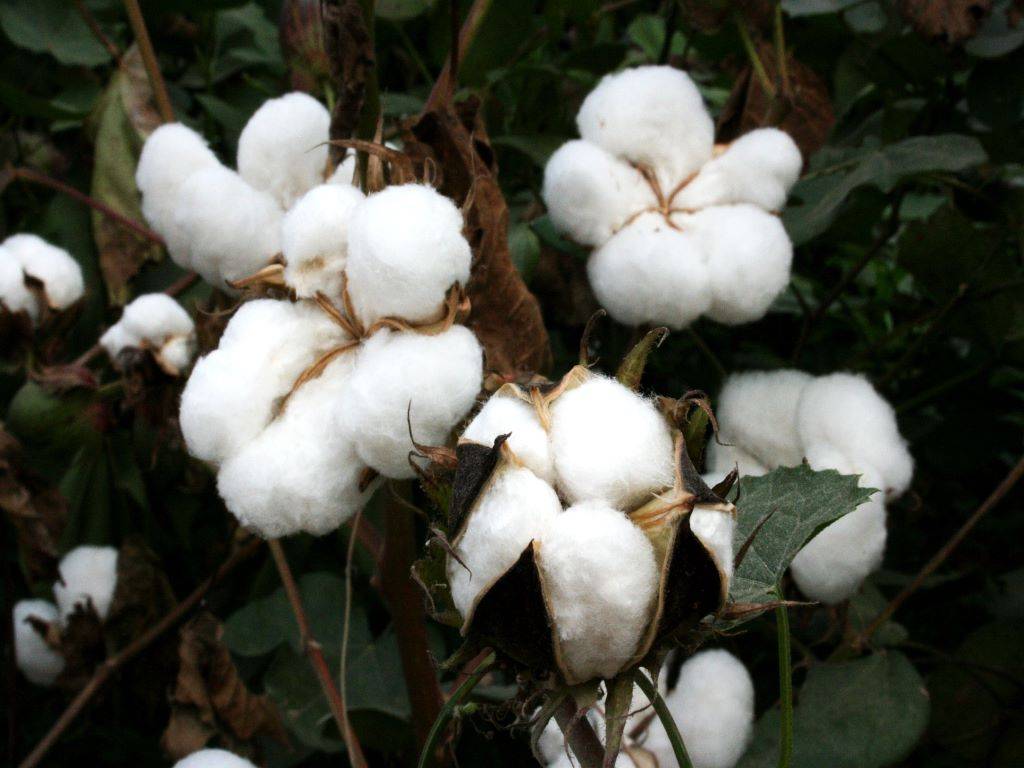
In India, it is illegal to grow HTBt cotton. The Government has not yet cleared its commercial cultivation. However, farmers in Maharashtra are cultivating HTBt (Herbicide-Tolerant Bt) cotton. This year too, starting July, farmers have decided to go for this cotton, as per State apex farmers’ body Shetkari Sanghatana.
It further said farmers will grow the unapproved herbicide-tolerant Bt (HTBt) cotton in more than 50% of the area this year.
Maharashtra state has 29% of the total kharif cultivation area under cotton. Out of the total cotton area, farmers cultivated this illegal variety in 25-35% of the area. In Gujarat, Andhra Pradesh, and Telangana too, farmers have grown this illegal cotton.
The movement for HTBt cotton began in 2019. It has gained momentum over the years and now an increasing number of farmers are growing this cotton variety despite the government not giving the green signal for cultivation.
As per the government, people cannot carry, store, sell, or sow unauthorized GM crops. It can lead to imprisonment of 5 years and a fine of one lakh rupees.
However, farmers continue to grow HTBt cotton, which is still not authorized by the government. One of the major reasons is that this variety of cotton helps farmers save costs in weed management. The cotton is herbicide tolerant, so farmers can easily spray herbicides to manage weeds without harming the cotton crop. This saves a lot in their weed control practice.
The herbicide called Glyphosate is banned in states like Kerala and others. Yet, farmers use it. Environmental groups and people against GM crops claim that this herbicide when sprayed on cotton crop field can harm humans and, therefore, should not be allowed for use.
The Seed Industries Association of Maharashtra (SIAM) has expressed concern over the sale of illegal HTBt cotton seeds. According to the Executive Director of SIAM, SB Wankhede, “The seed industry is suffering because of the illegal trade of HTBt. We strongly oppose any move to encourage farmers to cultivate banned variety and appeal to the government to act in the matter.”

















